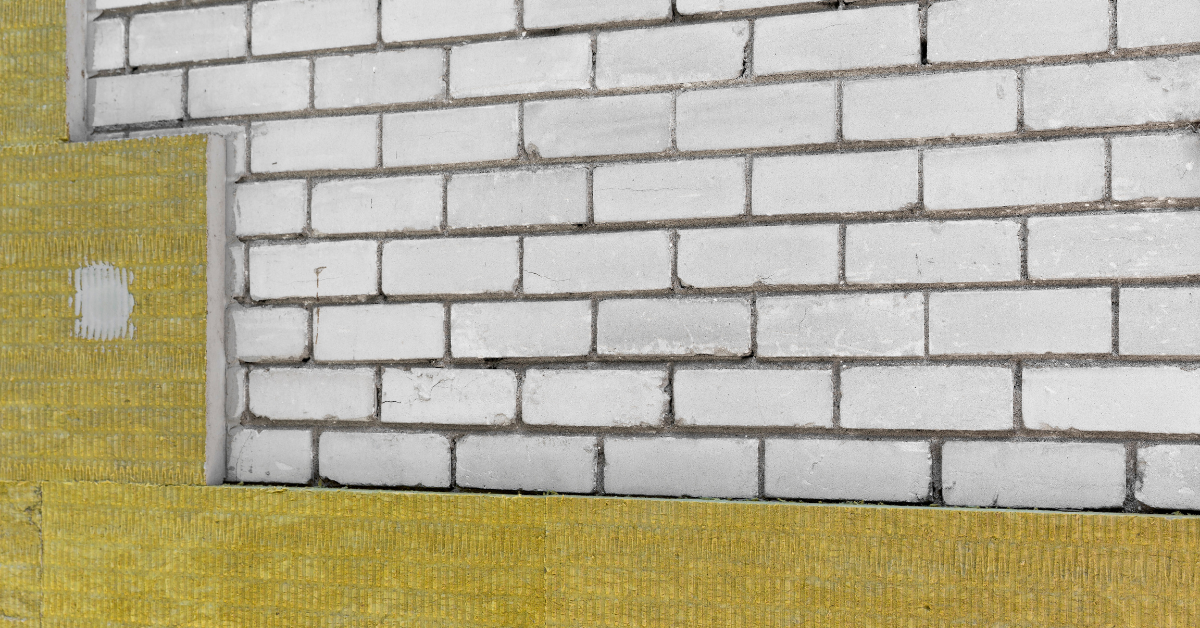Differences Between Stonewool and Other Insulation Products
Insulation comes at the top of the processes that should not be designed later, and should be added in the most appropriate way to the conditions specified in the first stage of the construction, among the structures whose projects have been drawn.
The material to be preferred for insulation varies according to the external factors that must be prevented.
Insulation boards in different forms can offer disadvantages in terms of both cost and usage conditions, as they can serve a single purpose in general. The insulation material that comes to the fore at this stage and offers advantageous conditions to its users is known as “rockwool”.
What is Stonewool?
Stonewool, also known as stone wool, is a material obtained from volcanic stones and produced as basalt fragments exposed to high temperatures. Stonewool, produced in different sizes and densities, prevents the use of more than one insulation plate and provides the most efficient solution to demands such as heat insulation, sound insulation and fire insulation on its own.
What are the differences between stone wool and other insulation products?
The plates, which are produced as a separator block in any way, can be used as insulation material in the sector. As there are many products produced without considering European standards; products commonly known as insulation materials; It is recorded as glass wool, styrofoam and eps.
Differences between Glasswool and Stonewool in general; manifests itself in the forms of production. Glasswool, which is the most similar insulation material to stonewool; It is made of glass fibers placed in a wool-like texture through materials that act as solid binders. It is formed as a result of melting the inorganic raw materials in it at 1200ºC – 1250 degrees and turning them into fibers. As can be understood from this stage due to its structure; The main difference between stonewool and glasswool, which naturally maintains heat up to 1500 degrees, is about heat resistance.
The differences between Stone Wool and Eps Styrofoam Foam are generally due to the raw materials used in the production phase. Stonewool products consist of natural volcanic rock and sediment minerals. On the other hand; Eps styrofoam foam products are obtained entirely from petroleum. For this reason, the advantage of eps styrofoam against rockwool, which stands out in terms of heat resistance, is known as repelling water and providing insulation against water due to its non-porous structure.

